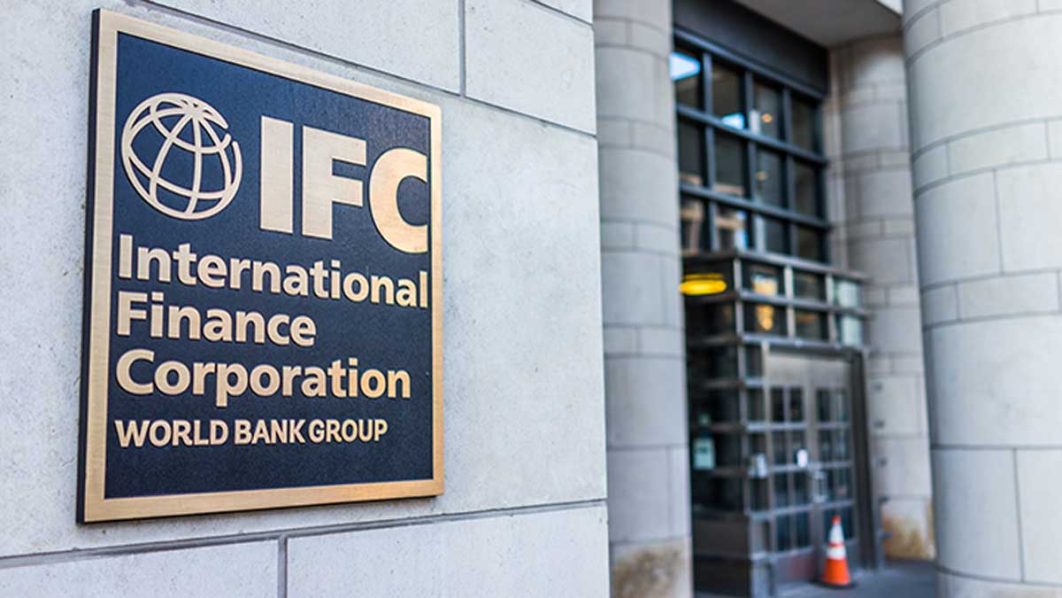
Yearly investments in renewable energy generation need to rise from $570 billion in 2023 to an average of $1.55 trillion yearly between 2024 and 2030, to meet global climate goals.
The call for increased investments underscores the urgent need for governments, private investors and international organisations to collaborate in scaling up renewable energy projects globally.
The International Finance Corporation (IFC), a member of the World Bank Group, in a report titled, ‘Repurposing Power Markets: The Path to Sustainable and Affordable Energy for All’, stated that between 2010 and 2023, an estimated $4.84 trillion flowed from the private sector into global power markets.
The report noted that with an unreliable grid supply and frequent blackouts, businesses in Nigeria face severe electricity access challenges. It said diesel generators are often the only backup option, despite being costly and polluting.
It said $4.84 trillion, approximately 80 per cent of the flow, was invested in advanced economies, with emerging markets receiving only 20 per cent, or $966 billion.
However, the report emphasised that more concerning is the share of private financing in emerging markets’ power sectors which shrunk from 36 per cent to 12 per cent of total private sector financing during this period.
The report called for an urgent need for a large ramp-up in private investments in emerging power markets.
It added that distributed renewable energy solutions can provide cleaner, more reliable, and affordable power, hence, the commercial viability of solar hybrid systems needs to be demonstrated to attract investment in the nascent market.
IFC mentioned that the transaction was its first distributed energy investment in sub-Saharan Africa as daybreak is the second largest provider of commercial solar hybrid power in Nigeria, pointed out that the $20 million equivalent financing enables Daybreak to increase its solar photovoltaic capacity fourfold to 38 megawatts.
“By funding the growth of this pioneering company, IFC helped catalyse Nigeria’s distributed renewable energy sector. Although diesel is still required as backup, Daybreak’s solar hybrid systems minimise its use to ensure availability for commercial and industrial customers,
“And by making their electricity supply more reliable too, it supports productivity and economic growth, enabling clean growth and catalyzing climate-smart private sector investments in Nigeria’s off-grid power sector” it stated.
The report added that green bonds and loans are increasingly used in the power sector, with $198 billion issued in 2023, although down from $283 billion in 2021, noting that cumulative issuance from 2010 to 2023 reached a total of $1.48 trillion.
However, similar to the trend in total private investment flows, the report pointed out that emerging markets received 16 per cent of all sustainable financing flows during the timeframe which has widened in recent years, with emerging markets receiving nine per cent of total financing in 2023.






